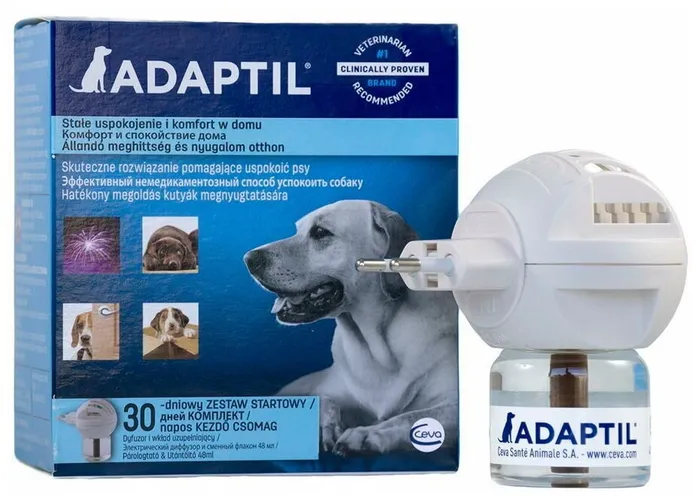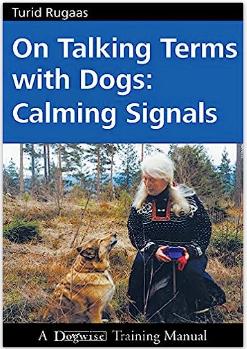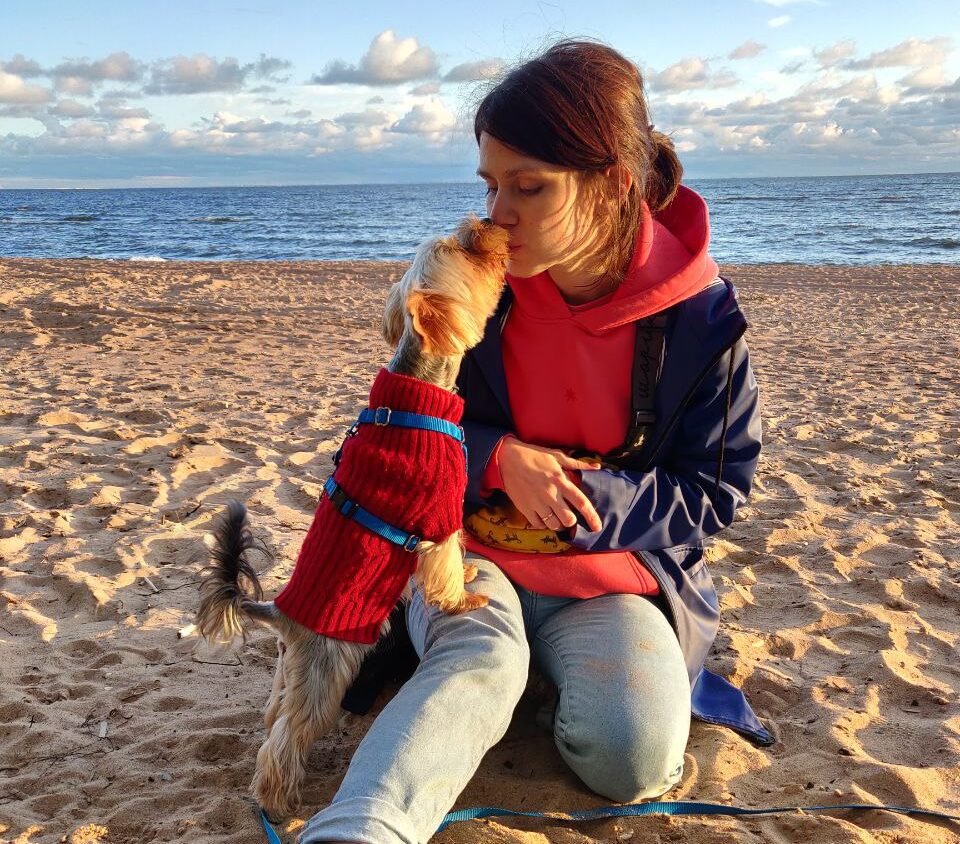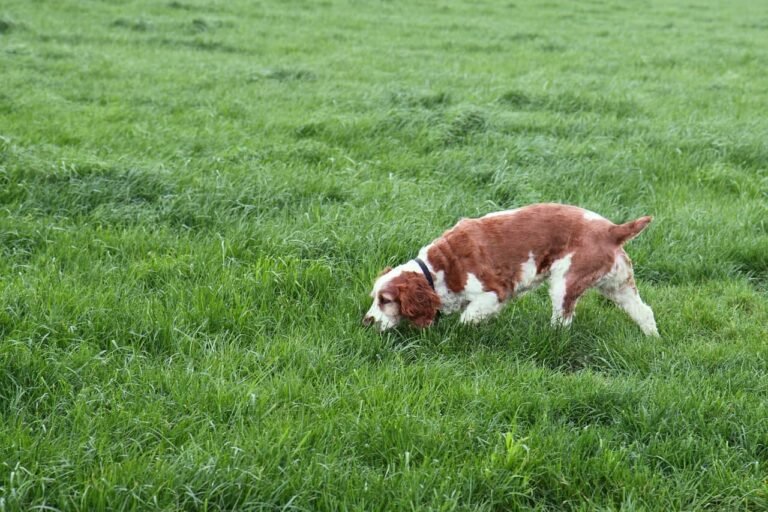What are the risks of intense emotions?
When do dogs get overexcited? When they have difficulty controlling their emotions. Puppies, for example, can’t control themselves at all yet. Hunting dogs can accelerate in seconds. And some just can’t handle the flood of stimuli of living in an urban environment: you’ve probably noticed that no matter how many walks you take, your dog can’t settle down and get a good night’s sleep at home. This happens when a dog is mentally and emotionally overloaded.
Overexcitement and overload lead to many unpleasant problems:
- excessive barking – both at home and outdoors
- Whining and obsessive behavior
- Leash pulling
- destructive behavior
- chronic stress
- poor health
- even exacerbation of illnesses
If a dog needs to be calmed down immediately:
There can be sudden overexcitement or acute stress – for example, a dog gets excited when guests arrive and barks at them. Or when a delivery man pisses him off in the street. Or when you’ve just moved to a new place. In these cases, you can use the first 5 ways to de-stress.
1. Give something to chew, lick or tear
Nature has already established ways to quickly reduce stress reactions – these are so-called species-specific coping strategies – that is, inherent in all individuals of a species. Dogs are helped to calm down by working with their mouth (chewing, licking) and nose (sniffing and searching). This is why they are so fond of gnawing on a bone or licking a Kong. Have your dog’s diet-approved chew treats on hand at all times.
2. Spread food or provide a search mat
Spreading out food is generally a cool life-saving flyhack that distracts most dogs from being unpleasant (but not when they’re really scared). Did the delivery guy show up and your dog is barking? Spread the food on the floor at the other end of the room – while she’s picking up the pieces, inevitably she’ll calm down a bit.
And in general, any nose work has a very powerful calming effect. There are plenty of ways to entertain (and calm!) your dog with a search. For example, search toys like these:
3. Play relaxing music
There are studies that prove the effectiveness of special relaxation music or white noise in reducing stress in dogs. Try it! There are now a huge number of selections for every taste of any dog. The easiest way to find recordings is on Youtube – for example, search Dog relaxing music. There are multi-hour playlists there that will last a very long time.
You can read more about it in our article:
4. Try pheromones
If your dog has trouble calming down at home, or you’ve just moved into a new apartment, try a diffuser or spray with pheromones. Like this one:
These pheromones have a weak effect and may not help in case of strong excitement or fear – for example, during fireworks. But it is worth a try, they are safe.
5. Massage or apply T-Touch techniques
If your dog likes touch (this is key!), but you can try soothing him with massage movements – for example, when you’ve arrived at the vet and he’s obviously tense. Make the movements smooth, slow but tangible. You can also look into T-Touch techniques – they are very helpful for some people.
Reduce chronic stress:
If the dog is overexcited frequently, more comprehensive measures are needed. Think about the following 5 points:
6. Create a regimen and consistent routines

Regimen and predictability are very important to our conservative dogs (yes, yes, they are very conservative). They are very happy when they get breakfast at the same time, hear the same words before you leave, and walk-wash-paws-play in the same sequence. The more predictable the environment is for the dog, the calmer she is. Conversely, if he doesn’t know what to expect from you day to day, anxiety will be at a high level.
7. Keep a balance of loads
Some dogs don’t get enough physical and mental exercise, but more often, strangely enough, they get too much. Most urban dogs experience nervous system overload due to the abundance of stimuli, and it’s as if they don’t have enough movement – they can’t settle down at home, wandering around, pestering, asking for endless attention. Try reducing the intensity and duration of walks – it can paradoxically help.
But the opposite happens, of course – the dog needs to keep his brain occupied so he doesn’t get bored. Add activities to your dog’s routine – learn quiet tricks, learn new words, take up shaping. Remember, mental work is just as hard on your dog as physical work!
8. Encourage calmness
If your dog chooses to lie down, give him gentle, quiet praise. Encourage any static positioning of the dog in space. At the same time, try not to react violently to his squirming and obsessive demand for attention. If you put up with the dog poking you with a ball for a long time, and then you snap with the words “Okay, here’s your ball” and throw it, it teaches the dog that you need to demand even more actively. If you say “Sorry, bunny, now we will not play, go to rest” and praise (only calmly) when he goes to rest, then gradually it will become a habit.
9. Monitor your condition and body language
Dogs are the most sensitive empaths in the world. They are very good at picking up on the state of the person they are attached to. Try to be calm. With an excitable dog, speak in a calm, quiet voice, don’t wave your arms, communicate in a half-sided manner, and use other body language tricks.
10. Consult your veterinarian
Sometimes the cause of reactivity lies in the medical field. If not, it still doesn’t hurt to get an opinion from a veterinarian, especially a behavioral veterinarian. In some cases, in order to work on reducing reactivity or anxiety at all, the condition will first need to be corrected with antidepressants or some other medication, depending on the diagnosis. Don’t neglect this point!
Explore our great guide on ways to relax your dog – there are more tips there!
Good health to you and your furries!












